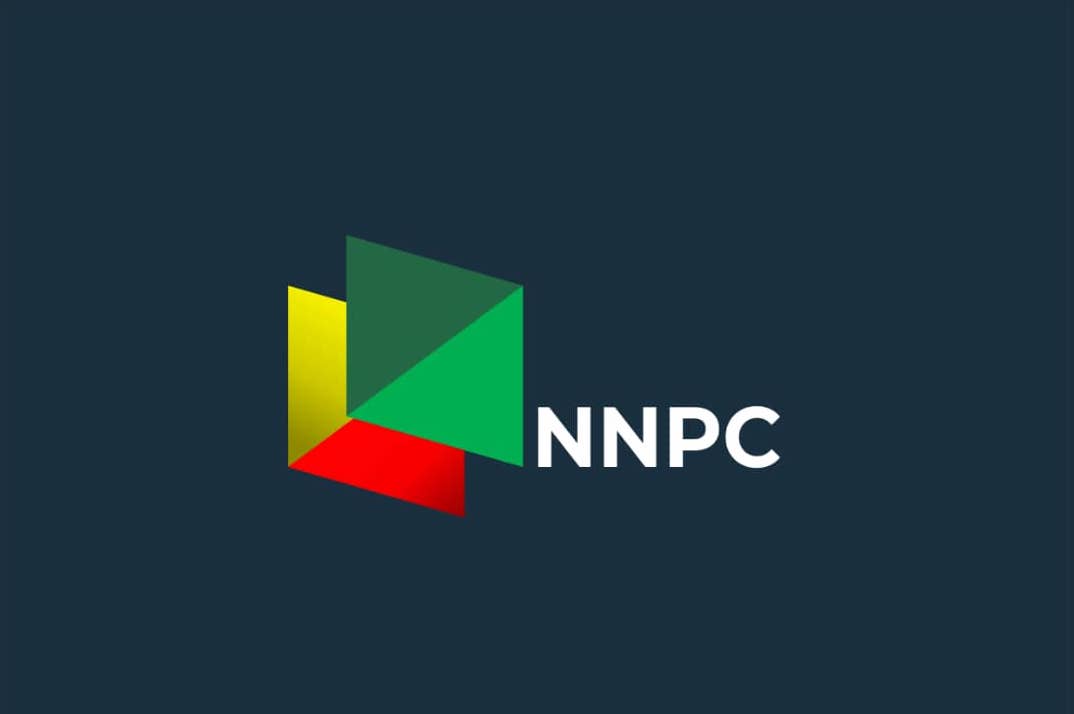
Festus Akanbi
The Minister of Finance and Coordinating Minister of the Economy, Mr. Wale Edun, took the message of Africa’s economic urgency to Johannesburg last week, warning that the continent must accelerate reforms or risk being left behind in a rapidly shifting global landscape.
Speaking at the G20 Investment Breakfast Dialogue convened by MTN, alongside South African CEOs, development partners and the Nigerian Investment Promotion Commission (NIPC), Edun said Africa was navigating “a moment of profound global economic change” that demands courage, clarity, and coordinated action.
Against the backdrop of geopolitical tensions, rising debt burdens and technological disruptions reshaping the nature of work, Edun painted a human-centred picture of a continent under pressure. He noted that Africa, where the median age is just 20, faces the dual challenge of creating millions of jobs while confronting a world in which traditional trade and financial flows are tightening.
The African Development Bank (AfDB) estimates the continent will spend about $163 billion servicing debt this year, even as foreign direct investment sinks below $100 billion.
“We are living through global shifts that threaten to outpace us,” he said. “If we must build economies that work for our people, we have no choice but to act boldly, reform decisively and strengthen our ability to finance our own development.”
Edun used Nigeria’s experience since May 2023 as an illustration of the rewards and the pressures that come with reform.
He emphasised that the country’s economic reset has rested on two pillars: restoring macroeconomic stability to attract investment, and rebuilding government savings to fund education, health, infrastructure and human capital.
To this end, the Tinubu administration scrapped fuel subsidies, liberalised the foreign exchange market, undertook sweeping tax reforms and initiated structural changes across power, energy, logistics and industrialisation.
These, he said, are beginning to bear fruit.
GDP grew by 4.23 per cent in Q2 2025, up from 3.1 per cent in the same period last year, while inflation, though still high, has slowed consistently, reaching 16.05 per cent in October. External reserves have climbed to $46.3 billion, and growth is broadening across sectors such as trade, telecommunications, construction, refining, rail and electricity.
“These numbers tell a simple story,” he told investors. “Nigeria is becoming more stable, more predictable, and more investable than it has been in years.”
He admitted reforms had been painful for many households, but said the government had expanded social protection to reach 15 million households, with nine million already receiving direct cash transfers.
Setting a more strategic tone, Edun said Africa’s two largest economies must anchor the continent’s push for investment, integration and job creation. He highlighted that South African companies have long found profitable ground in Nigeria and urged them to reinvest rather than retreat.
“This is a moment to deepen our partnership,” he said. “Nigeria is not only open for business, but Nigeria is reforming to accelerate business.”
He stressed that long-term prosperity will depend on a steady, honest dialogue among governments, private investors, and development partners, and on an environment where transparency, policy consistency, and infrastructure investment are guaranteed.
MTN Group CEO, Ralph Mupita, who welcomed delegates, called Nigeria a “true African success story,” noting that it contributes 35–40 per cent of MTN’s revenue and serves 85 million customers. He urged South African investors to take advantage of Nigeria’s renewed momentum, expressing confidence in the country’s reform trajectory.
NIPC Executive Secretary, Aisha Rimi, also highlighted Nigeria’s transformation, saying longstanding irritants in Nigeria–South Africa business relations were being resolved through the bi-national commission. Officials from South Africa’s Department of Trade and Investment echoed similar optimism.
In a show of sub-national drive, governors of Nasarawa, Gombe, Kaduna and Plateau states made presentations highlighting emerging opportunities in agriculture, mining, transport and tourism.
They said that recent federal reforms had expanded fiscal space for states and enabled a transition from raw-material exports to value-added industries.



